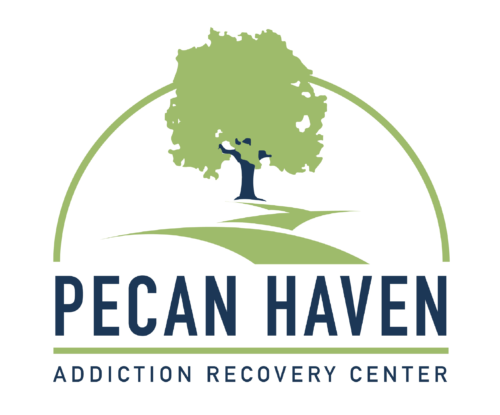Mental Health in the workplace is often overlooked or even stigmatized, especially in professional settings. Substance abuse issues are even more challenging for people to address. Employers may find it difficult to navigate these topics and may worry about employees who seem to be experiencing issues. Understanding mental health in the workplace and how it may be related to an individual’s struggles with addiction can help employers ensure that employees have access to the right resources to help them through trying times, before issues compound and result in job loss or worse.
Mental health can be complex and may be tied to several factors.
A person’s mental health is often impacted by several factors, such as genetic makeup, social isolation or family/relationship struggles, and lived experiences like emotional or physical trauma. Several bodies of research suggest that individuals who experience problems with their mental health may have genetic factors at play. Psychiatric and mental disorders have been shown to be linked to genetic codes that may be passed down through families. Someone whose family members have a history of struggling with mental health may also find him or herself in a similar situation, struggling with similar issues. This genetic predisposition is often compound by stress, abuse, or trauma. Physical trauma such as brain damage can also lead to the development of certain mental disorders.
Substance abuse is also complex and likely relates to several factors.
Like mental health in general, an individual’s specific susceptibility to struggling with substance abuse as an unhealthy coping mechanism may also be tied to several factors. These can include genetic makeup, environmental stressors, childhood or adult trauma, social disadvantage, domestic violence, and long-term or chronic stress. The American Psychological Association states that “at least half of an individual’s susceptibility to addiction can be linked to genetic factors.” It is important for employers to understand that while employees may not be able to choose their genetics, those who struggle with substance abuse can still make choices and take behavioral steps to seek treatment for their mental health issues so that they can move on from using substances to cope.
Employers can help employees access the resources they need.
While it is never an employer’s responsibility to force a struggling employee to get help, there is significant potential benefit for all parties involved if employers choose to facilitate access to helpful resources. Employers can intentionally create mindful work environments so that employees feel like valued people at their jobs, not just cogs in a machine. Holding regular meetings can allow employers to engage with employees on a personal level. This sort of personal engagement may work best when it includes openness on the part of leadership about their own lives and needs for support.
Employers play a vital role in promoting Mental Health in the Workplace. One meaningful way to support employee well-being is by creating a culture where individuals feel safe, comfortable, and encouraged to seek therapy or treatment for mental health and substance abuse issues—without fear of judgment or stigma. Open dialogue, supportive resources, and access to care can make a significant difference in both individual lives and workplace morale.
Pecan Haven is here to help. Our team is committed to providing the resources and compassionate support needed to foster healthier, more productive work environments. Contact us today to learn how we can support.
